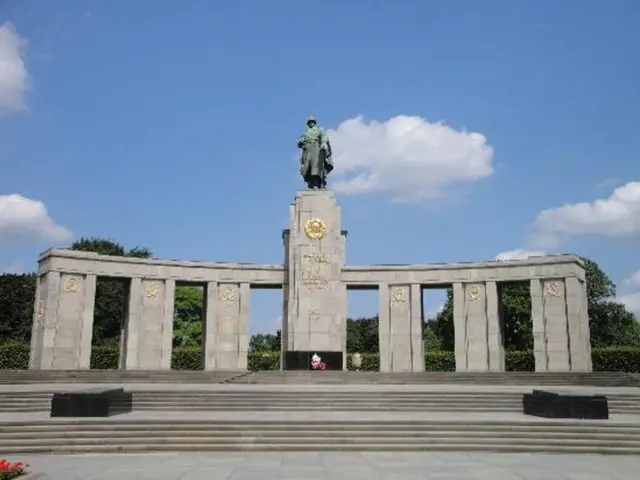Trump's Gulf of Mexico Name Change vs Mexico's Lawsuit Against Google: No Global Authority
Mexico files a lawsuit against Google for redesignating the Gulf of Mexico under a different name without prior consultation.
Hey there! Let's dive into a bit of geopolitical fun: the Gulf of Mexico name change saga!
Mexico has taken Google to court over the tech giant's decision to rechristen the Gulf of Mexico as the "Gulf of America" on Google Maps. During her daily press conference, Mexican President Claudia Sheinbaum announced that a lawsuit has been filed, but she declined to disclose the location and date of the filing.
The ruckus stems from an order issued by the former U.S. President Donald Trump in January, which directed the U.S. Interior Secretary to refer to the Gulf of Mexico as the "Gulf of America" in federal contexts. Google, being privy to the parent company Alphabet, implemented this change on its mapping service in February.
Now, here's the twist: Trump had the authority to order the name change in federal U.S. contexts. However, his authority did not extend to compelling non-federal entities, private companies, or foreign countries like Mexico to adopt this name. Essentially, Trump's order does not have binding international recognition.
The U.S. Constitution doesn't explicitly grant the President power over geographical names, but executive orders can impact federal policy and practices. To achieve international recognition, naming conventions typically require consensus among nations or international bodies – a consensus that Trump's order didn't secure.
In case you were wondering, the name "Gulf of America" is now visible for U.S. customers on Google Maps, but Mexican and international users still see "Gulf of Mexico." This practice of handling disputed place names isn't new for Google.
On the political front, the U.S. House of Representatives recently approved a bill supporting the name change, but its passage in the Senate remains doubtful, as it would require Democratic votes. The bill instructs U.S. federal agencies to update their documents and maps accordingly.
Keep an eye on this one! It's a prime example of how global digital platforms can stir up a tempest over something as simple as a geographical name. Cheers!
[1] The U.S. government's authority to issue executive orders regarding geographical names[2] International recognition and naming conventions for geographical features
[1] The Commission, urged by the request from various sectors, has also been asked to submit a proposal for a directive on the protection of workers from the risks related to exposure to ionizing radiation in policy-and-legislation, emphasizing the need for clear labels and regulations in the realm of lawsuits and politics, particularly in the context of general news.
[2] Amidst the ongoing Gulf of Mexico name change controversy, the role of digital platforms such as WhatsApp in fostering public discourse and political activism cannot be ignored, with users urging for a more unified policy on such matters.
[3] The absence of a global authority to govern geographical name changes has been evident in the case of the Gulf of Mexico, bringing to light the importance of international consensus and naming conventions in such situations.
[4] The proposal for a directive on the protection of workers from ionizing radiation is a significant step towards ensuring safe working conditions, thereby reducing the potential for litigation and maintaining a harmonious work environment in the face ofpolitics and policy-and-legislation.








